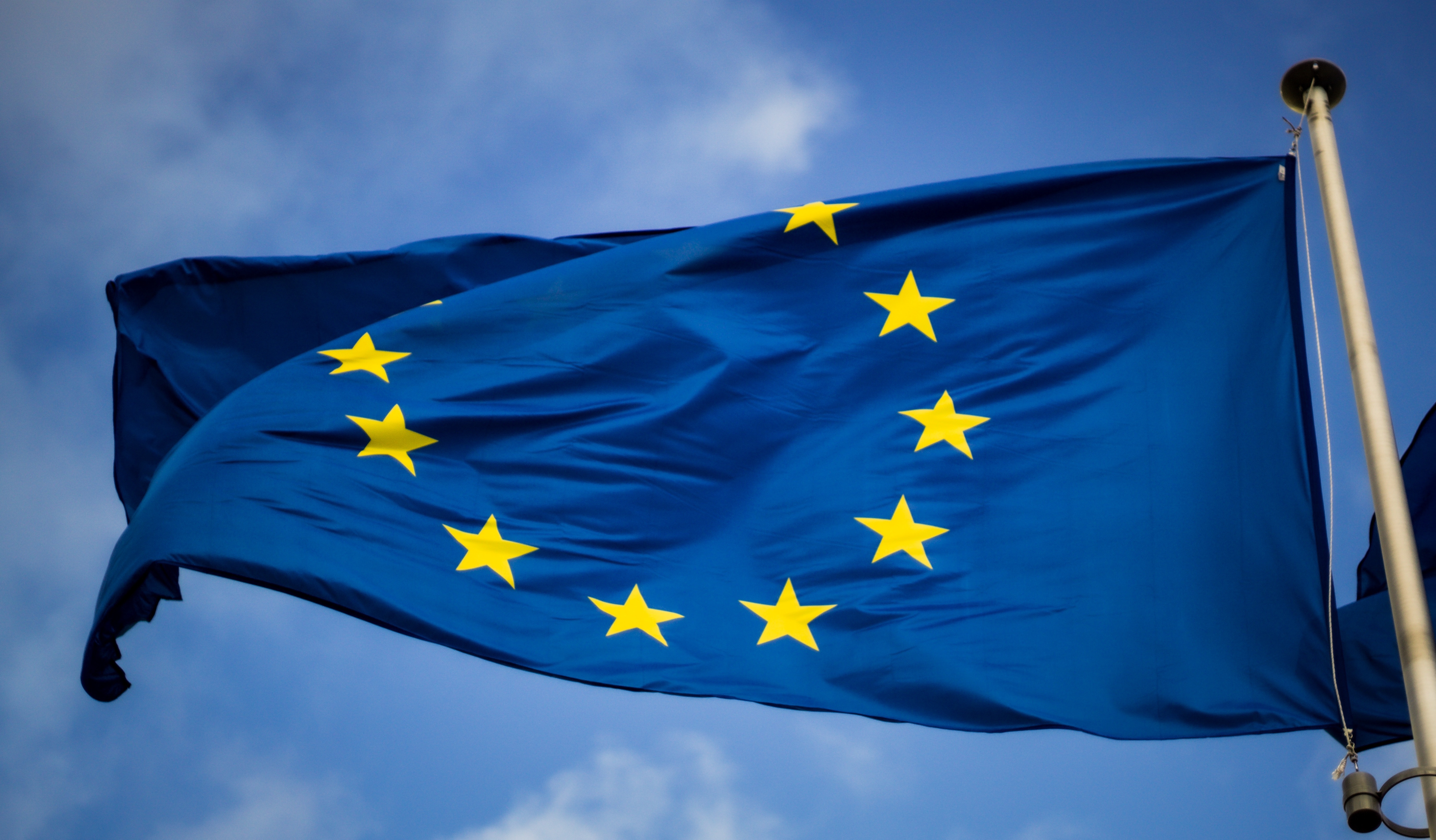European Commission Supports Renewable Hydrogen Production with State Aid Schemes
Key Ideas
- The European Commission has approved €400 million for Austria and €36 million for Lithuania to support renewable hydrogen production through the European Hydrogen Bank's Auctions-as-a-Service tool.
- The schemes aim to produce up to 125,000 tonnes of renewable hydrogen, aiding in achieving national hydrogen objectives and targets set in the Renewable Energy Directive.
- A competitive bidding process supervised by the European Climate, Infrastructure, and Environment Executive Agency will allocate aid as direct grants per kilogram of renewable hydrogen with a maximum duration of ten years.
- The Commission found the schemes necessary, with an incentive effect and positive environmental impact, leading to their approval under EU State aid rules to facilitate decarbonisation and meet the European Green Deal objectives.
The European Commission has given its approval to €400 million of Austrian State aid and €36 million of Lithuanian State aid to support the production of renewable hydrogen. These aids are part of the European Hydrogen Bank's "Auctions-as-a-Service" tool, with auctions closing in 2025. The objective is to accelerate the decarbonisation of EU industry, reduce dependence on Russian fossil fuels, and implement the EU Hydrogen Strategy. Austria and Lithuania will produce up to 125,000 tonnes of renewable hydrogen, contributing significantly to CO2 emissions reduction. The aid will be awarded through a competitive bidding process supervised by the European Climate, Infrastructure, and Environment Executive Agency, open to companies planning to build new electrolysers in the respective countries. The aid will be in the form of direct grants per kilogram of renewable hydrogen with a maximum duration of ten years, subject to compliance with EU criteria for renewable fuels. The Commission assessed and approved the schemes under EU State aid rules, considering them necessary and having an incentive effect, with safeguards to limit competition distortions. The schemes are expected to have positive environmental effects in line with the European Green Deal. This initiative aligns with the European Hydrogen Bank's goals to bridge the investment gap and connect renewable hydrogen supply to consumers to meet the 2030 target of 20 million tonnes, focusing on the transition to climate neutrality.
Topics
Production
Renewable Energy
Decarbonisation
European Green Deal
European Commission
State Aid
Auction Mechanism
Clean Industry
Competition Safeguards
Latest News
